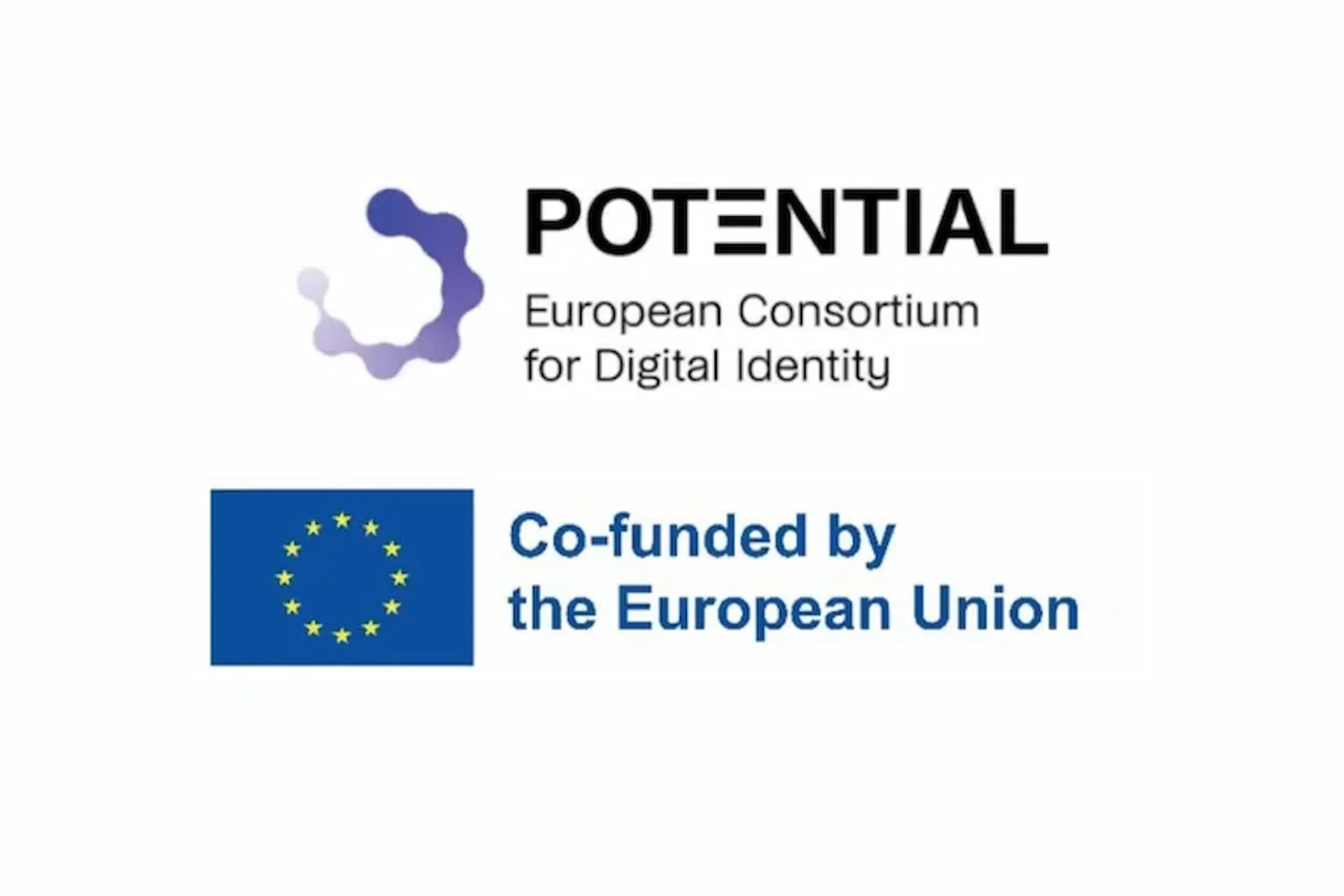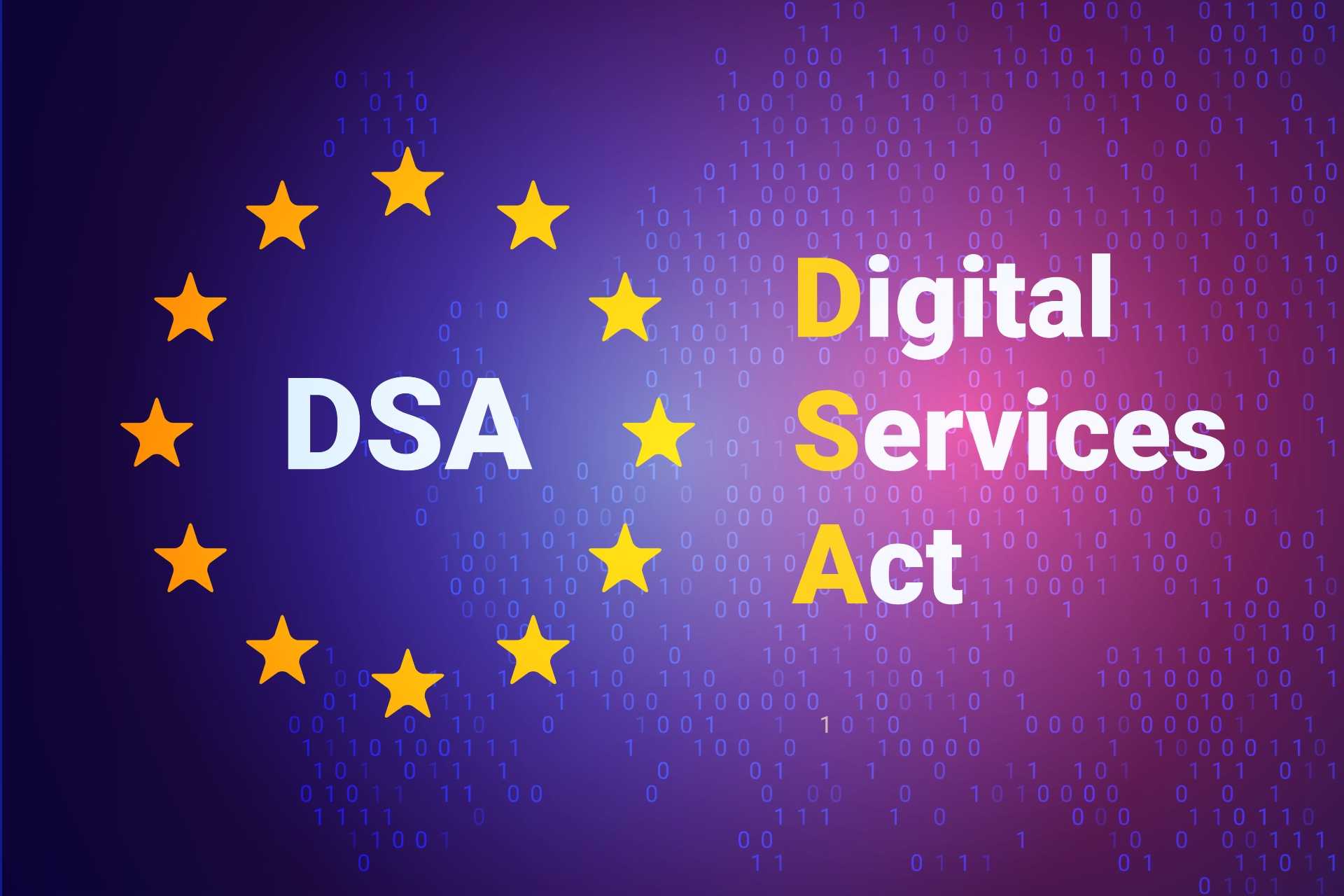What is the Potential consortium and what does it do?
On July 10 and 11, 2023, the French Ministry of the Interior and Overseas France and the Agence nationale des titres sécurisés (ANTS) inaugurated the work of the European Potential consortium. As project coordinator, France welcomed its European partners to the operational launch of this initiative for the future European digital wallet.
This ambitious project aims to experiment with digital identity on a European scale, in collaboration with 38 ministries, 34 state operators, 9 research centers, 51 major companies and 12 start-ups from 19 EU member states and Ukraine.
The Potential consortium was created in response to the call for projects launched last year by the European Commission as part of the Digital Europe program. This program aims to promote the use of digital technologies by public administrations, citizens and businesses.
The main aim of Potential is to test the implementation of a digital identity wallet that will simplify and secure the online procedures of European citizens, facilitate the processing of administrative procedures by government services, and help combat identity theft.
Digital identity, use cases tested by Potential
The experiment conducted by the Potential consortium will last more than two years and will include six use cases to demonstrate the effectiveness of national digital identity solutions and their interoperability on a European scale:
- access to online public services
- opening online bank accounts
- SIM card registration
- creation of a “digital companion” for driving licenses
- qualified remote electronic signature
- electronic medical prescription
The construction and testing of the European digital identity portfolio will be spread over two distinct phases. The first phase will focus on testing national solutions until October 2024, while the second phase will include cross-border tests to ensure interoperability between the different solutions.









